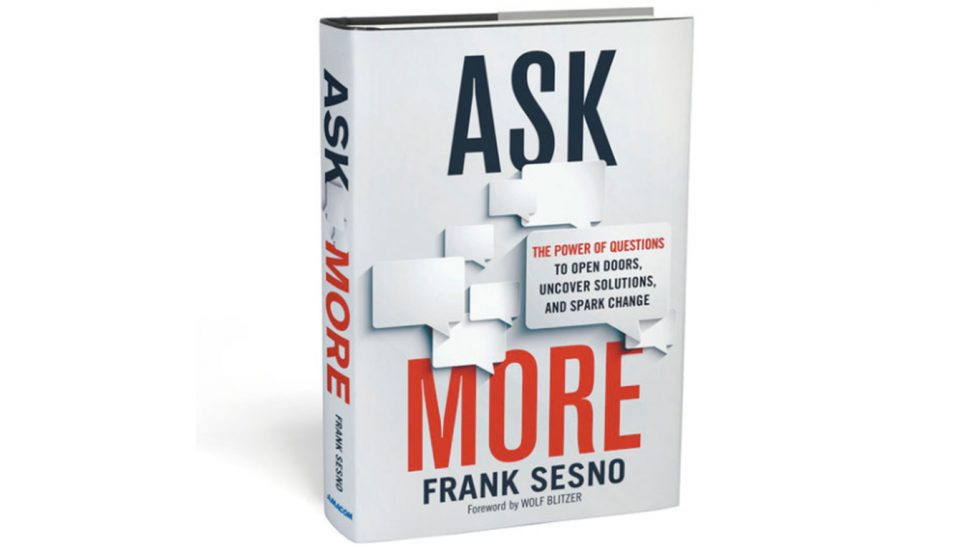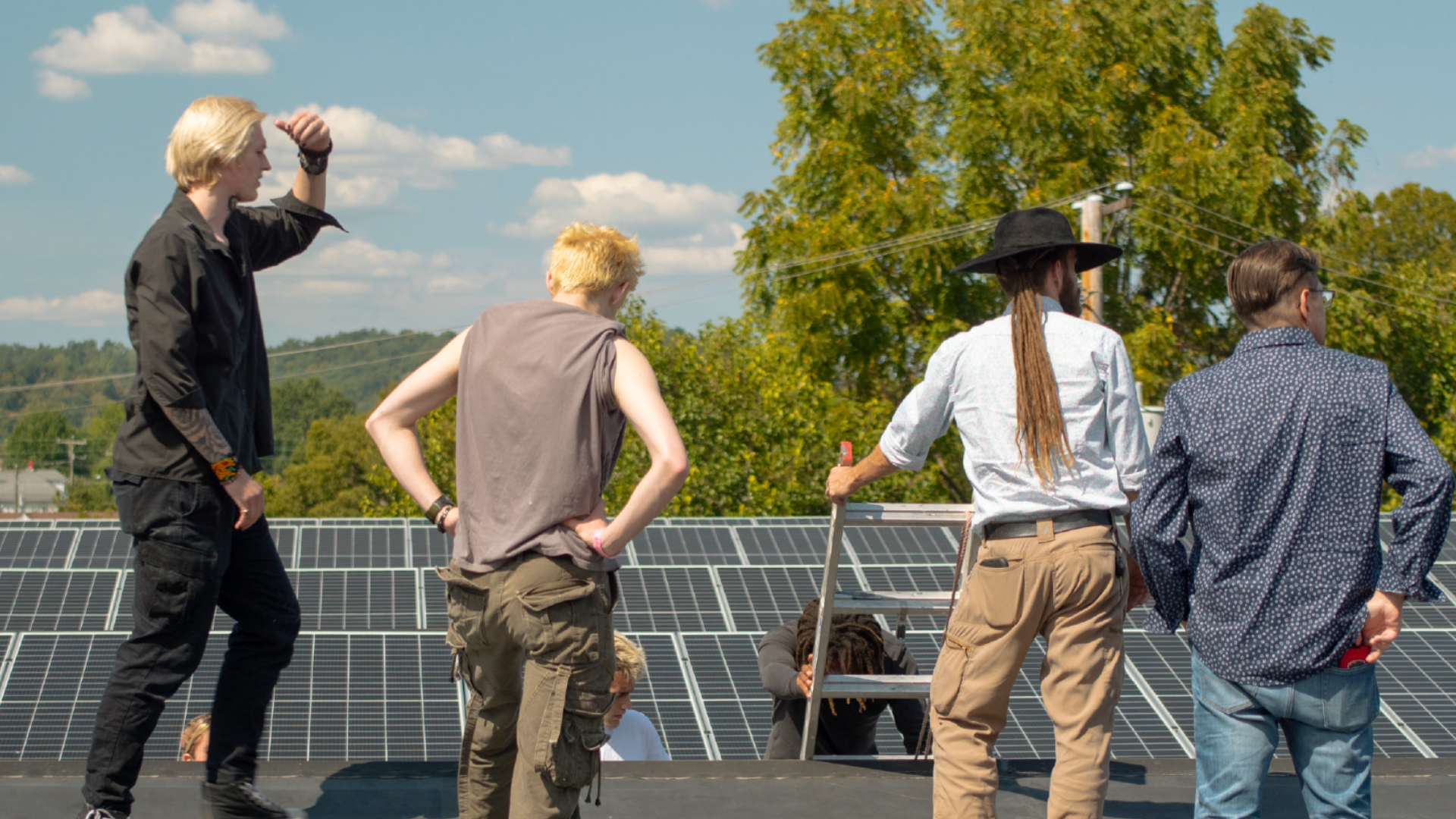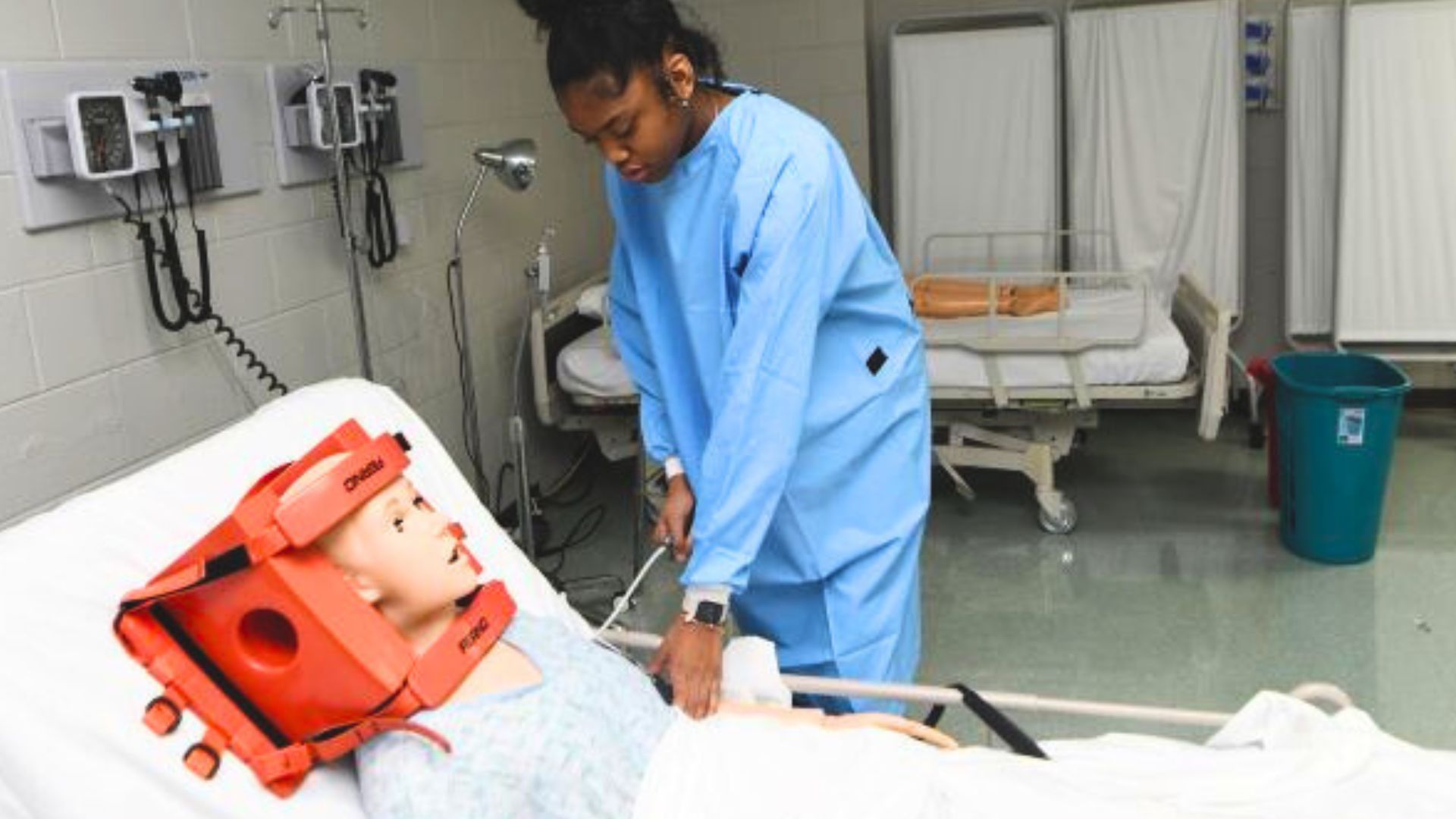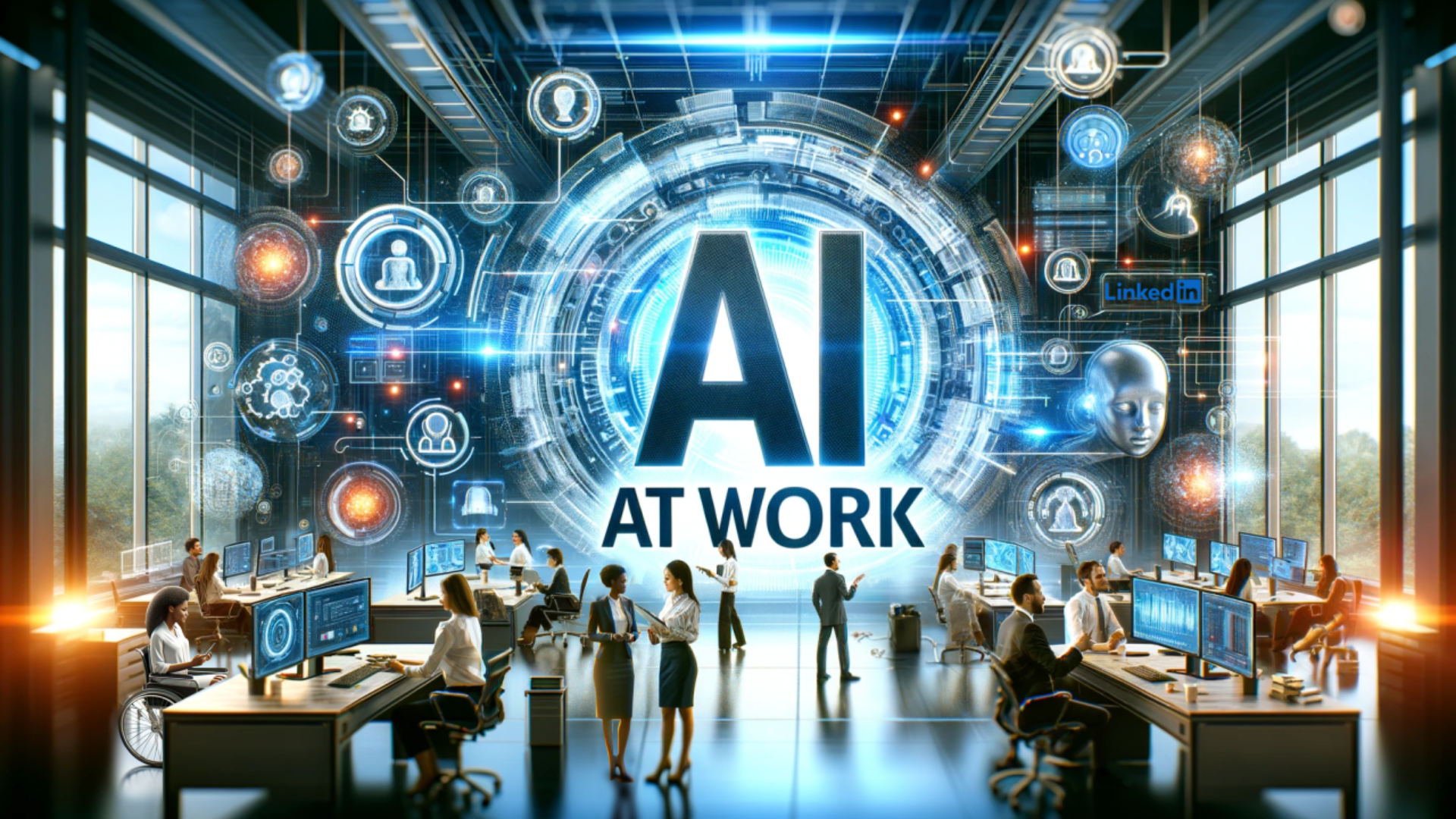Today’s workforce has changed drastically over the past 20-30 years due to a shift from an industrial economy to a digital economy. And as the pace of change speeds up with advancements in technology, we are beginning to realize that the status quo of how we teach, what we need, and how we hire people for today’s workforce is no longer sufficient.
As we try to catch up and plan ahead, working together and asking the right questions are becoming more important for creating the groundwork for a successful workforce of the future.
When it comes to asking questions award-winning journalist Frank Sesno certainly knows a thing or two. Sesno’s diverse career spans over 30 years of experience, including 18 years at CNN, where he still continues to serve as a special correspondent. He has interviewed business and government leaders including U.S. Presidents George W. Bush, Bill Clinton, George H.W. Bush, and Ronald Reagan and former General Electric Co. CEO Jack Welch, the late Palestinian leader Yasser Arafat, Egyptian President Hosni Mubarak, and Israeli Prime Minister Benjamin Netanyahu. He has covered stories ranging from the Iraq War to the disputed U.S. presidential election of 2000.
In his new book, Ask More: The Power of Questions to Open Doors, Uncover Solutions, and Spark Change, Sesno explores different types of questions, what to ask and when, what you should listen for, and what you can expect as the outcome. By asking the right questions it can help push boundaries, force us to evaluate our purpose and achieve both short-term and lifelong goals.
The Power of Mission Questions to Address the Solvable Problem
In chapter 8 of the book, Sesno highlights the importance of mission questions when it comes to solving problems. As an example, he cites the approach his friend, Rick Leach, takes when developing partnerships for his nonprofit, World Food Program USA.
What it all comes down to, Leach explains, is these four questions: What’s the problem? What do we need to do to address it? What’s the goal? What’s your role?
It’s these questions, Sesno tells us, that open up the door for a productive conversation. And this approach of mobilizing people and defining roles is something Sesno says can be applied at any level.
So how can it be applied to jobs?
The first thing, he says, that needs to be done is to get the right people in the same room.
“I’m a very big fan of public-private partnerships, and I think when you get educators, government (local/state leaders) and the private sector in a room together to ask one another the questions that need to be asked for the productive conversation—I think that can be a game changer.”
But he says it should be educators who take the lead on getting everyone together. “That’s what they do. They know they are working in a fantastically, changeable, dynamic world.” And he would know being the director of The George Washington University’s School of Media and Public Affairs as well as a professor.
Schools first need to ask themselves questions like: What are we trying to do? Where are we trying to go? What are our aspirations? Where are our students going? What does success look like? How do we identify success?
Next they need to bring businesses into the room and ask them: What do you need? What competencies are you looking for? What skills are rewarding? What personality traits succeed? What soft skills are required?
Then they take it to the next level: What do we need to teach to do that? How do we need to teach to do that? How can we hold hands to do it together? What is your role in doing this?
These questions, Sesno says, become a road map and provide a really productive conversation that articulates a mission and fleshes out everyone’s roles to which they can be held accountable, and most importantly, doesn’t include demands or finger pointing.
The Power of the Interview When Getting a Job
“The questions most of us know the best but fear the most are the questions that take place in the job interview,” Sesno writes in the opening of chapter 10 of his book.
Some are straightforward and some are curveballs meant to assess talent and accomplishment, examine judgment and values, consider success and failure, sample personality and explore compatibility.
Despite the growing importance of job skills in today’s workforce, Sesno says that the interview process is as important, if not more so, than ever before because there are so many other inputs, and the competition is so intense.
“It is in the interview where you set yourself apart. It’s in the interview where you as a person show how unique you are, and how you project and come across, and what you want to accomplish,” he explains.
So how do you make a good impression? One thing Sesno says you can do is ask a good or serious question. “There are interviewers, as I point out in the book, who if an interviewee doesn’t ask a good or serious question, they’re done.”
You want to ask knowledgeably about the company and inquire about their mission, goals what kind of team they’re building, he adds.
Depending on the type of job you’re going for you can also tailor your questions around that. For example, if it’s a managerial job or a creative job, you want to ask: How much money do you want to invest in the people doing these kinds of jobs? or How much creative range is there? If it’s a job where you’re on a factory floor, you’ll want to ask about the relationship of workers to supervisors, and how everybody can participate in their own way.
“You want to project a real, strong, positive, enthusiastic understanding and interest in the position you’re applying for, and that should be reflected in the questions that you ask,” Sesno advises.
Ultimately, the interview process is where you can determine whether there’s a shared mission and whether there is a sense of compatibility through the things that an interviewer and interviewee ask each other.
Ask More is currently on sale at major retailers. Click here to get your copy. You can also watch Sesno talk more about his book at The Noblis Technology Speaker Series below.











